 FAQ
FAQ
What do I need to do to sell my house or build an addition on my home?
If you own a home that has a private septic system in the State of Massachusetts, you are required to have a State-Certified Title 5 Inspector perform an official Title 5 Inspection on your system prior to selling your home or building an addition.
What is a Title 5 Inspection?
Since 1995, the State of Massachusetts has required homeowners to have their private septic system check thoroughly by a State-Certified Title 5 Inspector. Here is what you can expect from an official Title 5 Inspection – the inspector will:
- conduct an interview with the property owner
- research the paperwork for your property at your city’s Board of Health Department
- survey the general size of the building or list a summary of the number of bedrooms
- inspects the connection from the house/building to the system
- inspects the inlet/outlet of the septic tank
- examines the integrity of the tank
- measures the liquid/contents of the tank
- examines the integrity of the distribution box
- measures the liquid/contents of the distribution box
- checks the soil absorption system (SAS) condition
- checks the relation of the system’s water table to the SAS
- examines the integrity of the pipes using a special “sewer cam” (All-Clear specialty service, not required by the state)
- provides an official 17-page document to the local approving authority and the owner, including all findings and a detailed sketch of the system
Is it possible to get an inspection even if I am not selling my home?
Yes, this type of inspection is called a Voluntary Assessment. All of the same steps in the above inspection detail will be taken, however the 17-page document will NOT be sent to your local approving authority – it is for your information only. A Voluntary Assessment is a great way to find out more about your own septic system. All-Clear highly recommends this to our clients as a means of properly maintaining, upgrading and repairing your system to prolong its life. Ask us about additional services we can provide to ensure the proper working of your septic system.
Can I get a Voluntary Assessment performed even if I don’t live in Massachusetts?
Yes, All-Clear is also certified to perform inspections in the State of Rhode Island.
Should I get my system pumped or cleaned before I get an inspection?
Absolutely not. The State of Massachusetts requires that your system be inspected under “normal use conditions” for a minimum of 2 weeks or more. If your system needs pumping during this period, we can arrange to have it done for you while the components of your system are exposed.
 Will my landscaping be affected by the inspection?
Will my landscaping be affected by the inspection?
The All-Clear team is very respectful to the landscaping of your home or property. In order to minimize the amount of physical work required to perform your inspection, we use state-of-the-art locating equipment that helps us to locate your system components within a 4-inch radius. We also use a specialized “sewer cam” to let us inspect your pipes without having to dig them up. Any sod that needs to be removed is cut carefully and laid on tarps so it can be neatly replaced when your inspection is complete.
What do I need to do after I get a new system installed?
You should first get a copy of the As-Built and Design Plans of your new system from the Health Department or the designer. These plans will help All-Clear to provide more effective service to your in the future, should any repairs be required. It is also helpful to have a diagram of your new septic system in the event of any future landscaping projects, parking places, driveways or other renovations to your home or property. You should also contact All-Clear to set up a Preventative Maintenance Plan to keep your new system running effectively and efficiently. Another great tip is to add a laundry filter to your washing machine to protect your new system.
How often do I need to get my septic tank pumped?
The answer to this question will depend greatly upon usage. On average, a family of four that lives in a three-bedroom house will need to get their tank pumped every 2-5 years. Your best bet is to find out more about the All-Clear Preventative Maintenance Program to stay on top of your system, helping you to get your tank pumped only as-needed.
Can I build over my septic tank?
Most municipal and State codes do not allow you to build anything on top of your septic tank. All-Clear does not advise building any pools, driveways, additions or other items over top of your tank. We also suggest strongly that you do not build or plant landscaping on top of your drainfield.
Should I open my septic tank if I think there is a problem?
You should never open your septic tank. While today’s systems are safe for you and your family, opening a tank without benefit of professional training can expose everyone to dangerous bacteria and gases. Your best bet is to contact a certified, professional service, such as All-Clear, if you suspect any problems occurring within your system.
Are there any important do’s or don’ts with regard to keeping the system trouble-free?
Yes, please view our Do’s and Don’ts page within our Education section. (LINK)
How much will it cost for services at All-Clear?
Please contact us direct for information about the services offered at All-Clear, as well as pricing information and our popular Preventative Maintenance Program.
Call 508-763-4431 or visit www.allclearseptic.com
This blog was posted on www.allclearseptic.com on November 11, 2015.
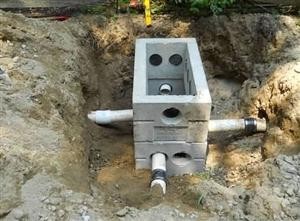 pic bacteria and enzymes are responsible for a major part of the three-stage treatment that processes wastewater in a septic system.
pic bacteria and enzymes are responsible for a major part of the three-stage treatment that processes wastewater in a septic system.
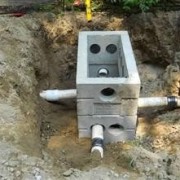
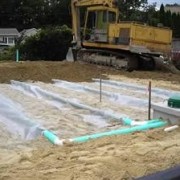
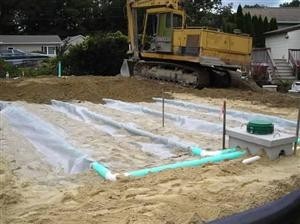

 do to avoid this? If you are a home owner with a private septic system, these questions may have run through your mind.
do to avoid this? If you are a home owner with a private septic system, these questions may have run through your mind. 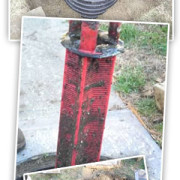
 You can extend the life of your septic system by just performing a couple of simple and cost-effective tasks. Signing up for the All-Clear Preventative Maintenance Program is one way to eliminate septic system surprises and make simple adjustments that will prevent costly repairs or replacements. Another way to improve the effectiveness of your septic system is through the use of risers, covers and filters.
You can extend the life of your septic system by just performing a couple of simple and cost-effective tasks. Signing up for the All-Clear Preventative Maintenance Program is one way to eliminate septic system surprises and make simple adjustments that will prevent costly repairs or replacements. Another way to improve the effectiveness of your septic system is through the use of risers, covers and filters.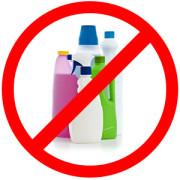
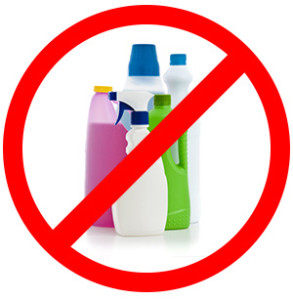



 FAQ
FAQ Will my landscaping be affected by the inspection?
Will my landscaping be affected by the inspection?
 rst and easiest thing you can do is schedule regular checks on your system with a licensed septic system specialist. Depending on the type and flow rate of the system, checkups can be scheduled anywhere from once every three months to three years.
rst and easiest thing you can do is schedule regular checks on your system with a licensed septic system specialist. Depending on the type and flow rate of the system, checkups can be scheduled anywhere from once every three months to three years. 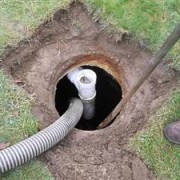
 Part of any good Preventative Maintenance Program is to ensure that your septic system is properly cleaned and is pumped on a regular basis. It is important to know the facts about septic cleaning and pumping to avoid making costly mistakes.
Part of any good Preventative Maintenance Program is to ensure that your septic system is properly cleaned and is pumped on a regular basis. It is important to know the facts about septic cleaning and pumping to avoid making costly mistakes. Some pumping services will tell you that you need to get your septic system pumped every 6 months or on an annual basis. The truth is that a properly maintained septic system should only be pumped based on the accumulation of sludge and scum, which is typically every 2-5 years. Pumping too frequently is costly and removes the “good” bacteria that keep the system running smoothly.
Some pumping services will tell you that you need to get your septic system pumped every 6 months or on an annual basis. The truth is that a properly maintained septic system should only be pumped based on the accumulation of sludge and scum, which is typically every 2-5 years. Pumping too frequently is costly and removes the “good” bacteria that keep the system running smoothly.